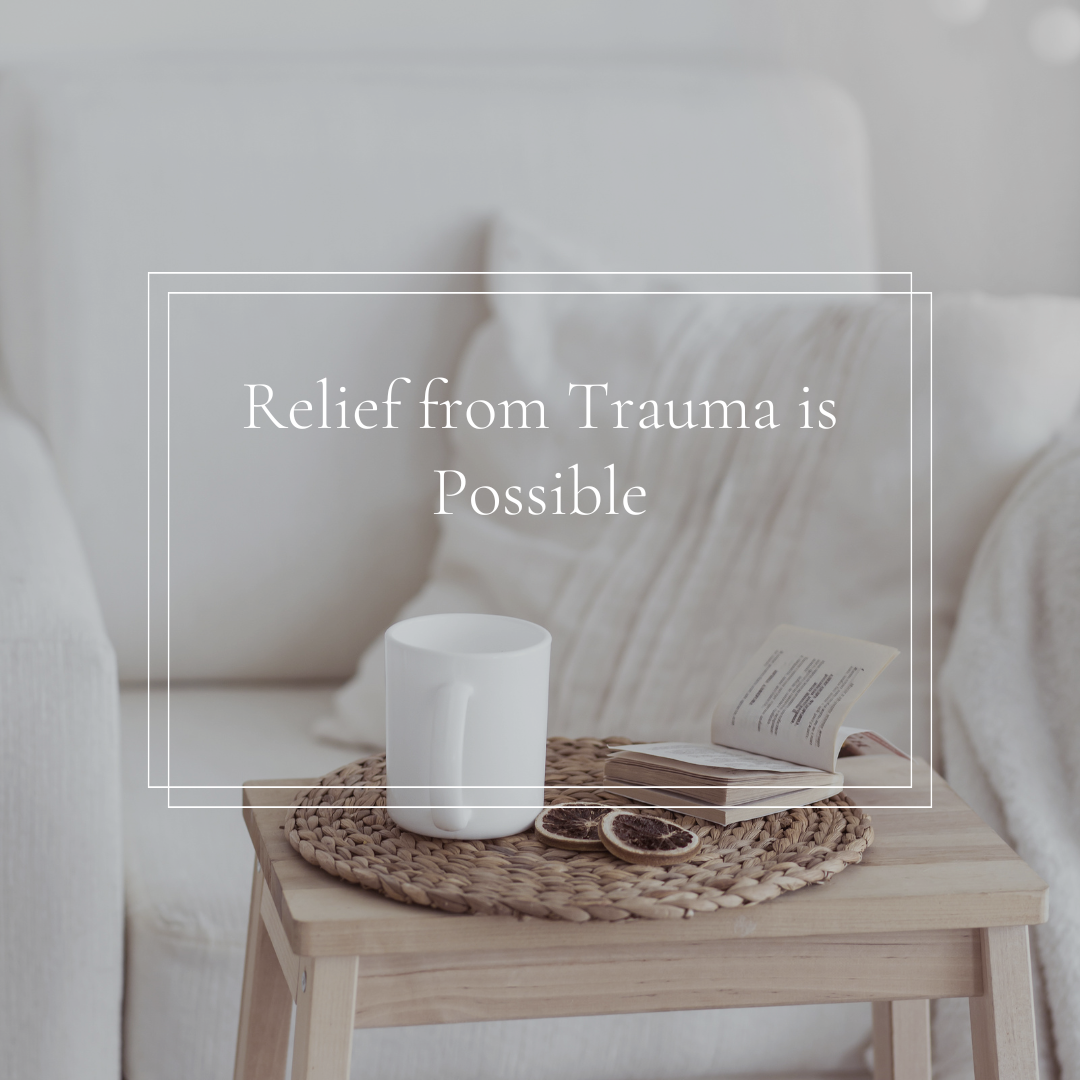
Welcome to Therapy
a safe space for introspection & healing
“Therapy is a gift. It is a chance to finally be heard, understood, and supported.”
— Bessel Van Der Kolk
You deserve to feel heard and understood in a safe space without judgment
When you come to therapy, you’re forming a new relationship. That’s the beauty of it. Imagine sharing your innermost thoughts, worries and heart’s desires. When I first began my practice a client said that I felt more like a friend. I’m ok with that.
It starts with one brave step…
Register yourself as a client here and then I can send you my intake forms. The questions are optional and a good way to get the conversation started. Once registered, you will be able to view my availability online and request appointments. That’s all there is to it!
I recommend a good set of headphones or ear buds for online and phone meetings. I also recommend purchasing a notebook or journal so that you can take notes during our consultation call, and before, during or after appointments.
how therapy works
-
I provide a free consultation to answer any questions you may have and to see if we are a good fit.
-
Your first session will be an intake session where I get to know more about you, your history, and your goals for working together.
-
The “Magic Question” of therapy is how will you know that our work together is successful? How will you and your life change? What will you be doing, thinking or feeling differently?
-
Therapy is a practice and a form of self-care. Just like with anything, the more you are willing to put in, the more you will get out of this process. Clients often come weekly, bi-weeky or monthly and others come as needed - sometimes with even years in between appointments. I’m here for you when needed.
questions you may have
-
Determining if therapy is right for you can depend on a few factors. Here are some signs that it might be beneficial:
Feeling Overwhelmed: If you're experiencing persistent feelings of sadness, anxiety, or stress that interfere with daily life.
Difficulty Coping: If you're struggling to handle life's challenges or transitions, such as loss, relationship issues, or job stress.
Isolation: Feeling lonely or disconnected from others, and finding it hard to reach out for support.
Negative Patterns: If you notice recurring patterns of behavior or thought that you’d like to change.
Desire for Growth: If you're interested in personal development and want to better understand yourself and improve your quality of life.
Support and Guidance: Feeling that you could benefit from an objective perspective or professional guidance.
If you’re considering therapy, it might be helpful to schedule an initial consultation. During this first meeting, we can discuss your feelings and concerns and determine whether therapy feels like a good choice for you.
-
The duration of therapy can vary greatly depending on individual needs, goals, and circumstances. Here are some factors that can influence how long you might need therapy:
Personal Goals: If you have specific goals, such as coping with a particular issue, you might need a shorter duration (a few sessions to several months).
Type of Therapy: Some therapeutic approaches are designed for brief interventions, while others may take longer.
Severity of Issues: If you are dealing with deep-seated issues or trauma, the process may take longer.
Progress: Your progress and comfort level in therapy will also help dictate the duration. Some people may find relief in a few sessions, while others may benefit from ongoing support over several months or even years.
Therapist’s Recommendation: I can provide guidance on what is typical based on your unique situation.
Ultimately, we will have an open discussion about your goals and preferences to help determine the appropriate length of your therapy.
-
If you are in danger please call 9-1-1 or visit your local emergency department. You can also access these resources for support in the meantime:
Peel Crisis Line - If you are in a mental health crisis, we can help. Open 24 hours a day, 7 days a week.
Call us anytime:
905-278-9036
1-888-811-2222For children and Youth:
Kid’s Help Phone - Call 1-800-668-6868 (toll-free) or text CONNECT to 686868. Available 24 hours a day, 7 days a week to Canadians aged 5 to 29 who want confidential and anonymous care from trained responders.
For even more great resources visit the Canadian Mental Health Services Website here.
If you have a question that I haven’t answered yet, please reach out!
Walk it out.
Walk & Talk Sessions are one of the ways I meet with clients. These appointments are conducted over the phone while we walk outdoors in our respective locations. Walking is an excellent alternative to meeting indoors or online and is great for mental and physical health! It can also feel more comfortable than meeting face to face for some.




